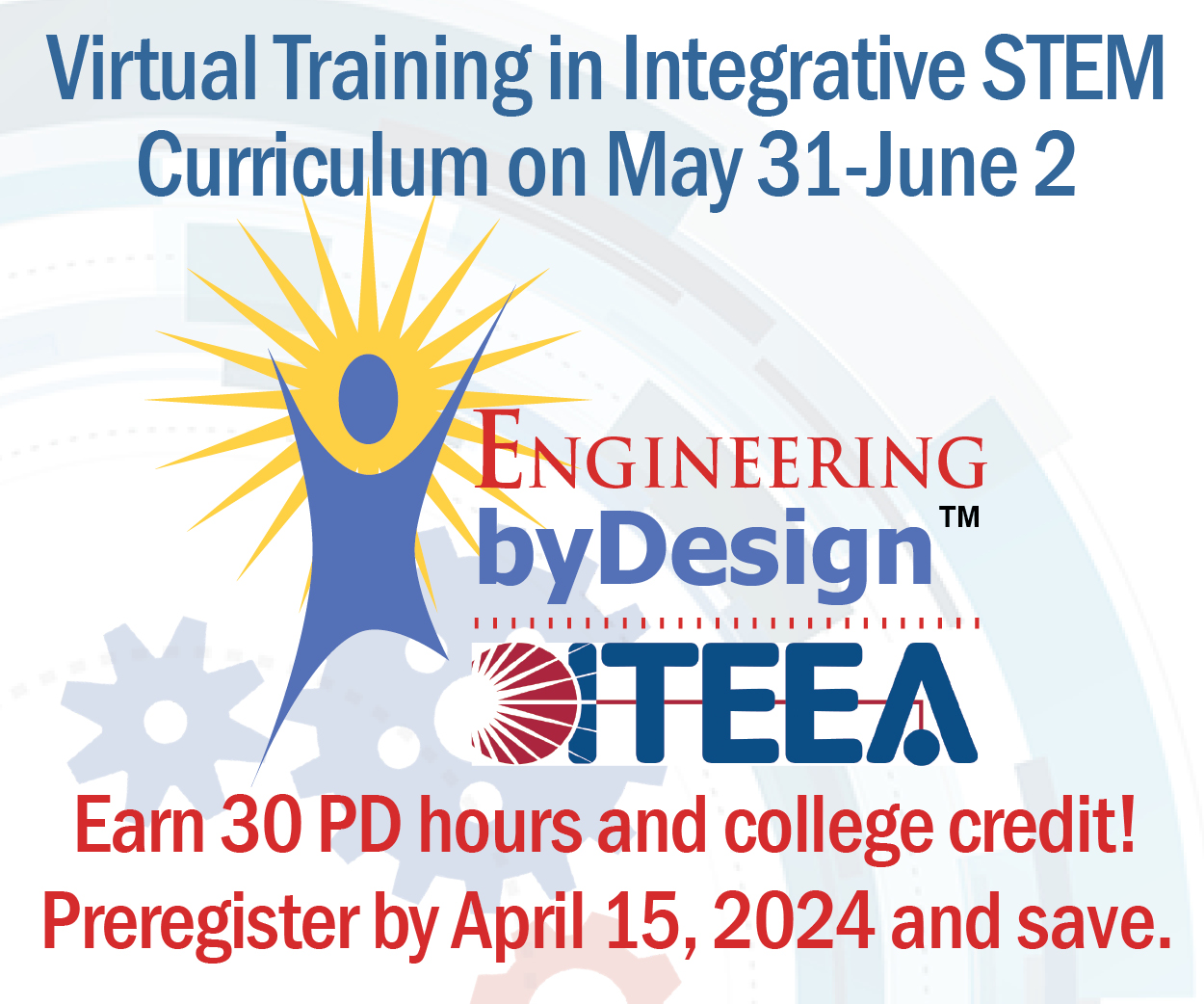Dozens of Online Resources for Assessment
Ask a Tech Teacher
OCTOBER 5, 2023
Assessment of student work is a crucial aspect of learning. It helps students recognize important lesson goals and teachers gauge understanding. While multiple choice, short answer, and essays are still proven methods, there are many alternatives teachers can use for their particular student group. Here are some you can look into–and all online: Easy CBM Educreations –video a whiteboard explanation of how students are completing a task (app) Edulastic –formative assessments; work on





















Let's personalize your content